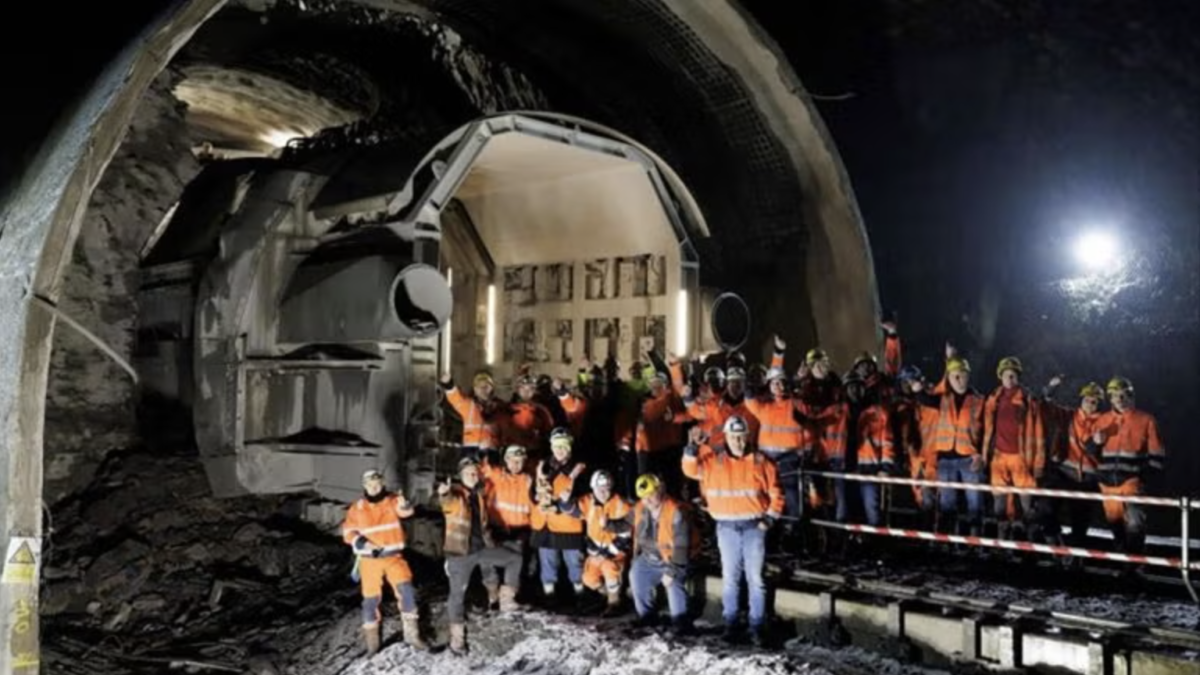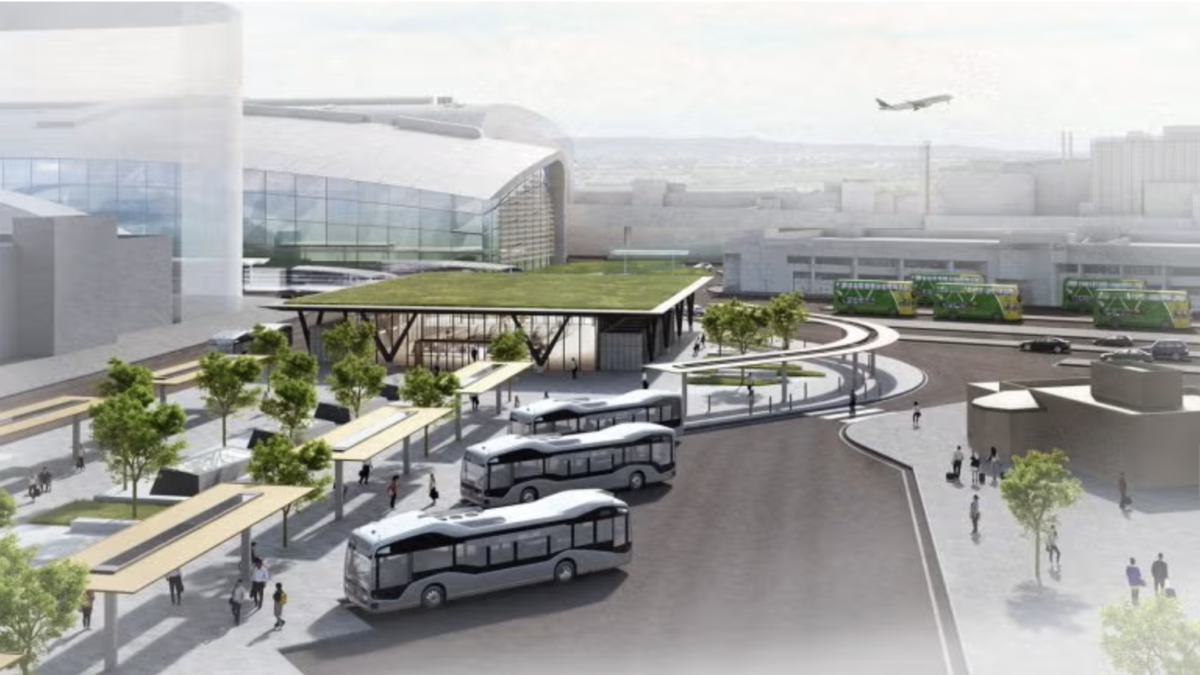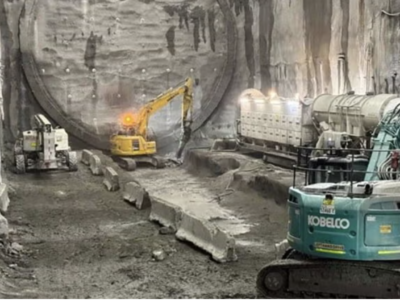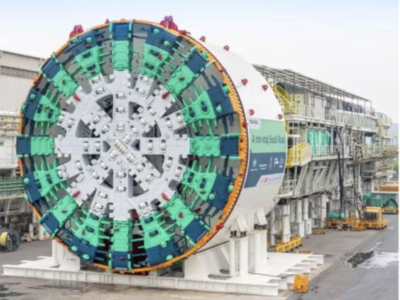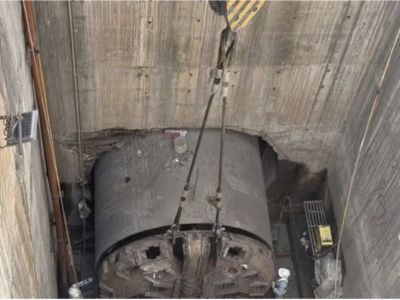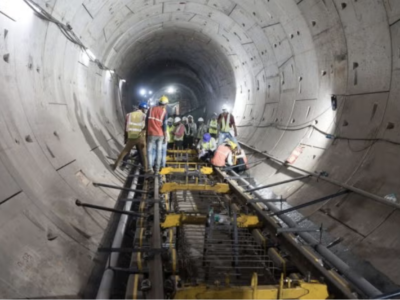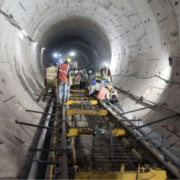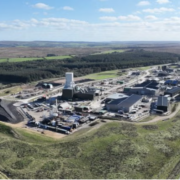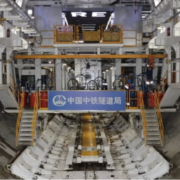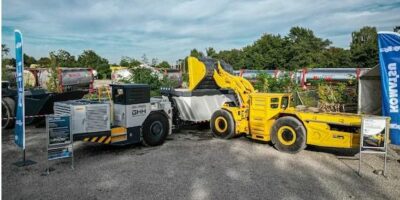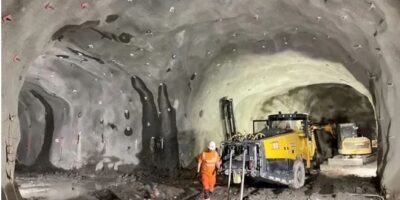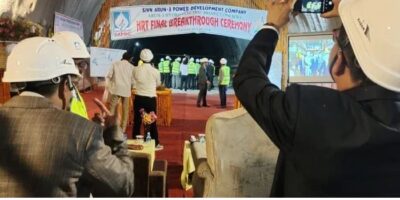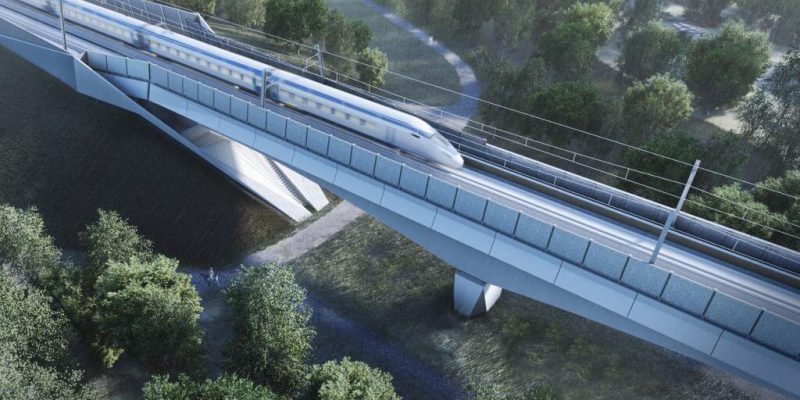
As Cardiff University School of Geography and Planning professor Mark Barry states, Wales will gain significant benefits from redesigning High Speed 2 (HS2) as an X-shaped network.
Changing HS2 from a Y-shaped route into an X-shaped route (as illustrated below) is the best way of serving the country according to Transport thinktank Greengauge21’s previous bid.
Barry in support of this approach says: “In the margins, HS2 can help but in the main, it does not benefit Wales. What would help is building an X-shaped network as Greengauge21 suggested so you could run trains from Leeds along HS2 via Birmingham to the southwest of the UK. Where is that in the thinking in terms of connectivity?”
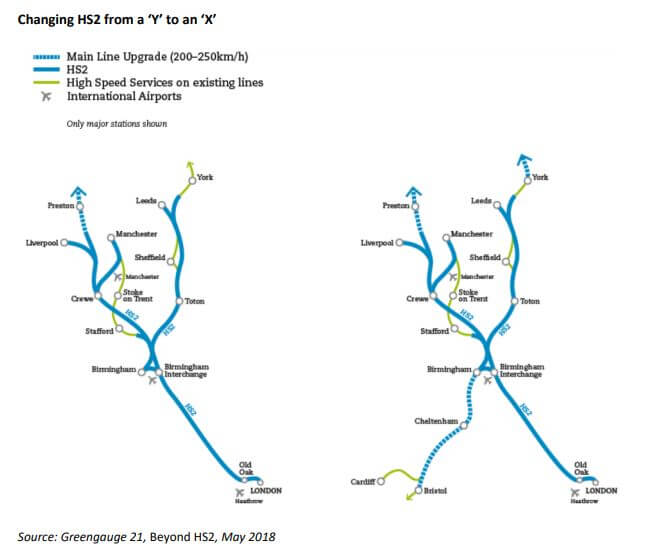
“I agree with the Welsh Select Affairs Committee which said in July that HS2 should be defined as an England only scheme because Wales will not benefit in the same way as Scotland and Northern Ireland,” said Barry.
The report says: “On HS2, we note that, as rail infrastructure is not devolved to the Welsh government, beyond the core valleys lines, Wales will not benefit in the same way as Scotland and Northern Ireland from Barnett consequential arising from the project spend.”
Barry continued: “The current situation where London is fully responsible for Welsh railways hasn’t worked and it needs to change. The top rail priorities in Wales “are not dependent on HS2. Instead, they are dependent on the funding and powers to do something.”
High car dependency, local car journeys that could be converted to public transport, the need for express and all stop commuter services on North Wales Main Line (NWML) and South Wales Main Line (SWML), limited enhancement and electrification investment and a poor Cardiff to Bristol service, are the mentioned key issues.
“There’s no confusion about what the priorities are for Welsh rail but we need more detail. HS2 is not a necessary condition – there are things we can do now in North Wales that would really add value in terms of getting people out of their cars,” Barry said.
He also asserted: “Similarly in South Wales, it has sub-optimum railway and doesn’t offer the necessary backbone around which you can wrap other technologies. I’m looking at Westminster to pass the powers over or fund this themselves.”
The South East Wales Transport Commission’s previous year’s solution for decreasing congestion on the M4 motorway calling “Network of Alternatives”, included upgrading the SWML and building six new stations between Cardiff and the River Severn.
The launching date of this commission was October 2019 and the main intention was to consider options for reducing motorway congestion following the decision not to proceed with the £1.4bn M4 relief road around Newport.
Its proposals center on improving train services between Cardiff, Newport, and Bristol by upgrading the four-track SWML, so it can be used by more trains with more flexibility. For the first time, this would allow for local, commuting services to run frequently without disrupting express rail services.



